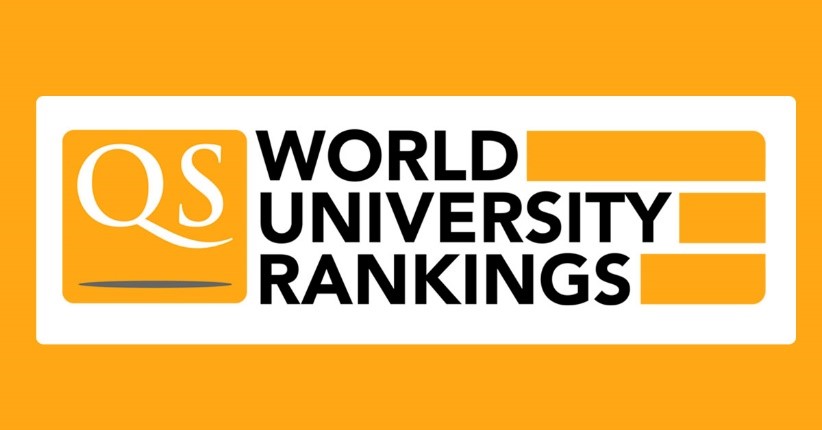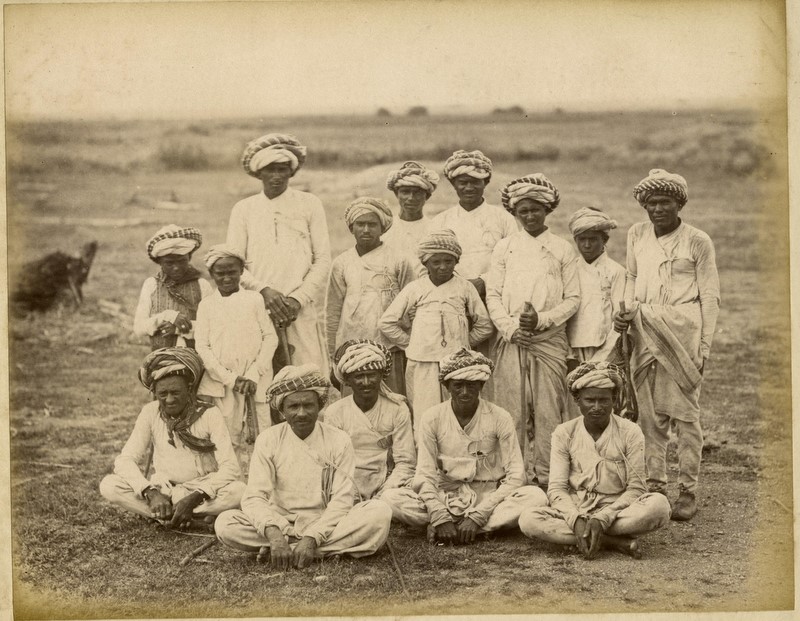Description

Disclaimer: Copyright infringement not intended.
Context
- 69 Indian universities have been featured in the 2024 QS World University Rankings by Subject.
Performance Trends
- 72% of Indian entries showed improvement, maintained positions, or were new to the list.
- Only 18% experienced a decline.
- Overall, India demonstrated a significant 17% year-on-year improvement.
Contribution of Institutes of Eminence (IoE)
- 12 IoEs contributed 40% of India's total entries, amounting to 180.
- IoEs lead with 47 of the top-100 Indian positions and 14 of the 21 positions across various disciplines.
Leading Indian Universities
- University of Delhi (30 entries), IIT Bombay (28 entries), and IIT Kharagpur (27 entries) are the most represented.
- IIT Madras (22 entries) showed improvement in eight, declined in six, and remained unchanged in four.
- IIT Delhi (19 entries) improved in 11, declined in three, and remained unchanged in three.
Notable Achievements
- Jawaharlal Nehru University for Development Studies ranked 20th globally in a new entry.
- IIM Ahmedabad debuted at 22nd position for Business and Management Studies.
- Saveetha Institute of Medical and Technical Sciences secured 24th spot globally in Dentistry.
- IIT Guwahati ranked among the top universities for Data Science and Petroleum Engineering subjects.

Insights from QS
- India faces challenges in providing high-quality tertiary education amid increasing demand.
- Indian programs featured across 55 subject rankings and five faculty areas, increasing from 355 to 454.
- Progress seen in privately-run Institutes of Eminence highlights the positive impact of well-regulated private provision.
- India is making significant strides in improving standards, access to higher education, digital readiness, and global competitiveness.
- Despite ongoing challenges, India is moving in the right direction.
QS World University Rankings
Background
- The QS World University Rankings is a comprehensive set of comparative college and university rankings compiled by Quacquarelli Symonds (QS), a leading higher education analytics firm.
- It was first introduced in 2004 in collaboration with Times Higher Education (THE) magazine.
- Originally known as the Times Higher Education–QS World University Rankings, the initiative aimed to offer an independent source of comparative data about university performance.
- However, in 2009, QS and THE parted ways to produce independent university rankings, leading to the establishment of the QS World University Rankings and THE World University Rankings.
Expansion of Rankings
- Over the years, the QS rankings portfolio has expanded significantly. In addition to the QS World University Rankings, it includes the QS World University Rankings by Subject, regional rankings for Asia, Latin America, Europe, Central Asia, and the Arab Region, as well as various MBA rankings and the QS Best Student Cities rankings.
- Notably, QS has also introduced specialized rankings such as the QS World University Rankings: Sustainability (2022) and QS World University Rankings: Europe (2023).
QS World University Rankings Methodology
Academic Reputation
- Academic reputation accounts for a significant portion (40%) of the overall score in the QS rankings.
- It is based on responses from academics worldwide and reflects the scholarly esteem in which universities are held.
Faculty/Student Ratio
- The faculty/student ratio, which accounts for 15% of a university's score, indicates the resources available to students in terms of teaching capacity, class size, and curriculum development.
Citations/Faculty
- Citations per faculty, accounting for 20% of a university's score, measure research impact based on citations of published research. QS uses data from Scopus to calculate this indicator.
Employer Reputation
- Employer reputation, obtained through a survey of employers, contributes 15% to an institution’s overall score. It reflects the perceived quality of graduates and the level of work readiness acquired by students.
Internationalization
- The internationalization indicator, comprising 10% of a university's score, assesses the percentage of international students and staff. It reflects efforts towards global collaboration and diversity.
New Indicators (Implemented in 2024)
- Starting from the 2024 rankings, QS introduced three new indicators: International Research Network, Employment Outcomes, and Sustainability.
- Each of these indicator accounts for 5% of the total weightage and reflects evolving trends in higher education.
|
PRACTICE QUESTION
Q. Which of the following are ranking parameters used in QS World University Rankings?
1.Academic reputation
2.Citations per faculty
3.Employer reputation
4.International students and staff
Choose the correct option(s):
A)1 and 3 only
B)1 and 2 only
C)1 and 4 only
D)All
Correct Answer: D) All
|








